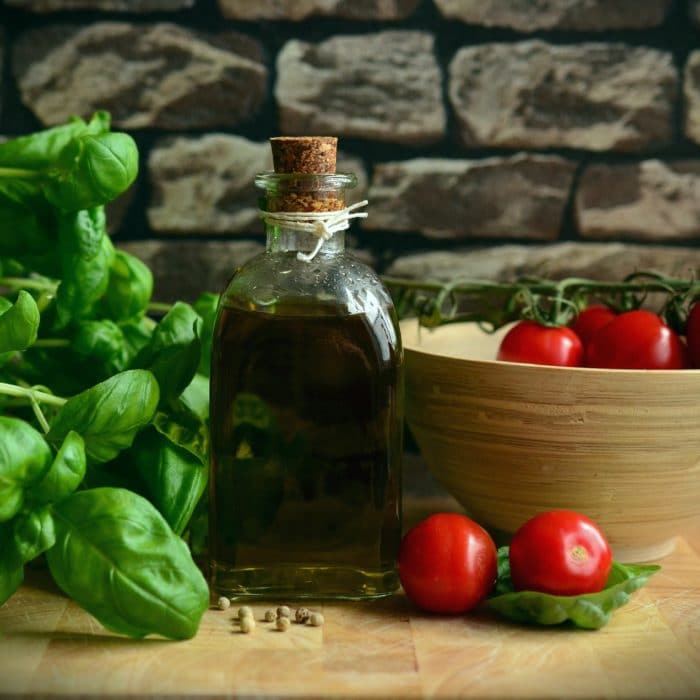This post will cover the benefits of basil and how you can start using it in your life:
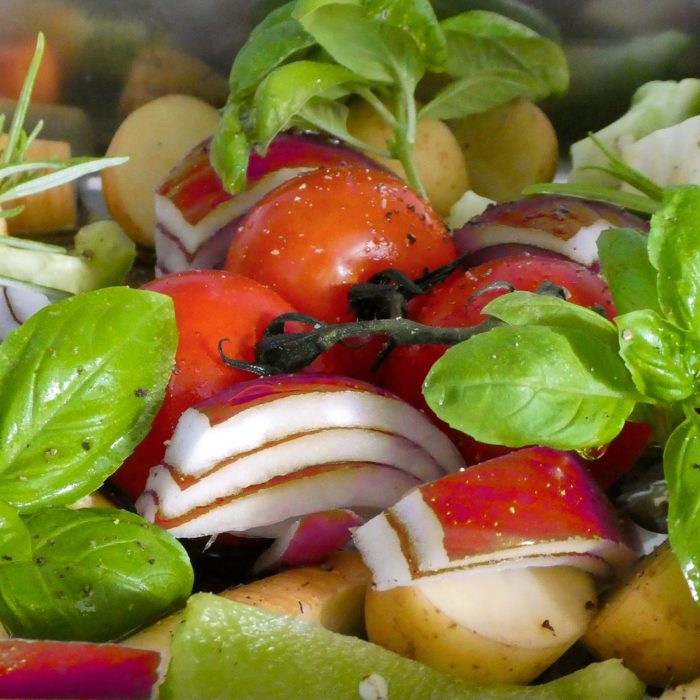
How Basil is Used
When basil is given proper care, you can harvest the herb all summer long. While Basil is most commonly used as an herb in cooking, there are a few other things for which it is often used. In addition to the leaves (either fresh or dry), many people use basil in a capsule form or as an essential oil.
Here are a few ways you can use basil:
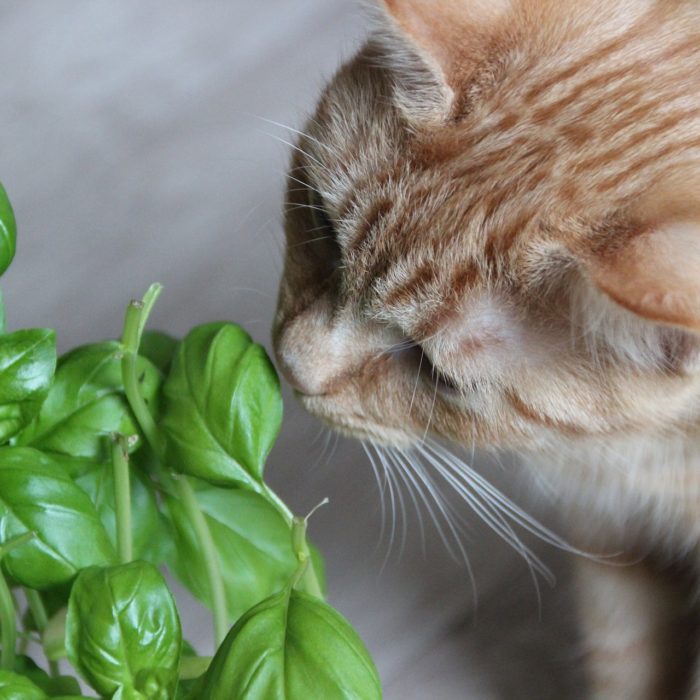
Basil and Mental Health
While there is more information about the mental health benefits of Holy Basil over the plant that most people know as basil, Ocimum basilicum also contains nutrients and properties that will help. The benefits of using basil long-term include relieving stress, helping you focus, and improving your memory.
From the above benefits mentioned, many students or people new to their jobs will often increase their basil intake to help them learn faster while reducing stress. Here is a little more information about three of the benefits:

Basil and Physical Health
Not only is it delicious, but there is a lot of evidence that regularly consuming basil can have a positive impact on your overall physical health. Here are just a few of the ways it can help:
-
Relieves Insect Bites
Basil oil is anti-inflammatory and can help with many types of skin irritation. Many people use it on their bug bites and bee stings.
-
Treats Colds
Basil is a natural antibiotic and consistently digesting a lot of basil over time can help build your immune system, allowing your body to fight off infections and diseases a bit easier than it normally would. Use basil oil, chew leaves, or take capsules when you have a common cold to help relieve your symptoms.
-
Freshens Breath
Whether you chew on basil leaves or brew your own homemade mouthwash (add several leaves to boiling water and let them steep like tea), basil can help freshen your breath. There is also some evidence that it can help with gingivitis.
-
Helps with Indigestions
Basil oil or capsules could help relieve stomach cramps and pain associated with indigestion or constipation.
-
Reduces Kidney Stones
Basil is very good for your kidney and can help improve the way it functions. If you struggle with kidney stones, try consuming basil daily (either with food or on an empty stomach with water) to help reduce them. This should reduce (or eliminate) the kidney stones in your urinary tract.
-
Improves Vision
While you probably won’t be able to return to 20/20 vision, the vitamin A in basil can help you keep your eyes healthy and improve your vision over time.
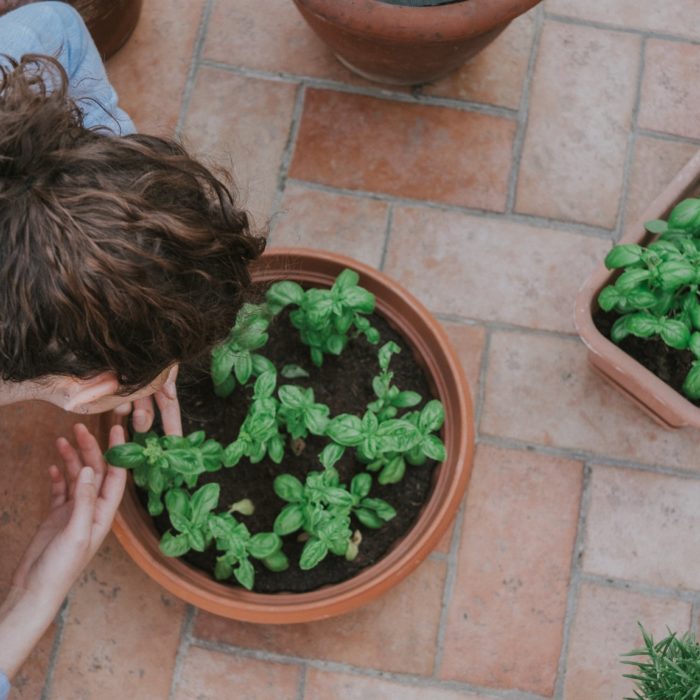
Basil and Skin/Hair Care
In addition to its physical and mental health benefits, basil can also have a cosmetic value. Here are some of the ways that it can benefit your hair and skin:
-
Dandruff Remover
Mixing basil essential oil with a carrier oil and applying it to your scalp may help remove dandruff that plagues your head. Apply it before you go to bed, then clean your hair the following morning. It will typically take several times before you see results.
-
Clears Skin
Basil may be able to help clear your skin of blackheads and acne. Using a cream that includes a small amount of basil oil or eating leaves may help your skin clear over time. You may also be able to crush leaves and mix them with turmeric and lemon juice to make a mask that you can apply. Remove it by cleaning your face with cool water 10 to 15 minutes after application.
-
Prevents Hair Loss
Many people mix water with equal parts basil and Amla powder to help prevent hair loss. They apply it to their scalp at night and wash it out the following morning.
-
Skin Infections
Basil contains antibiotic, antibacterial, and antifungal properties. Consuming basil regularly or using diluted essential oil could help clear infections on the skin.
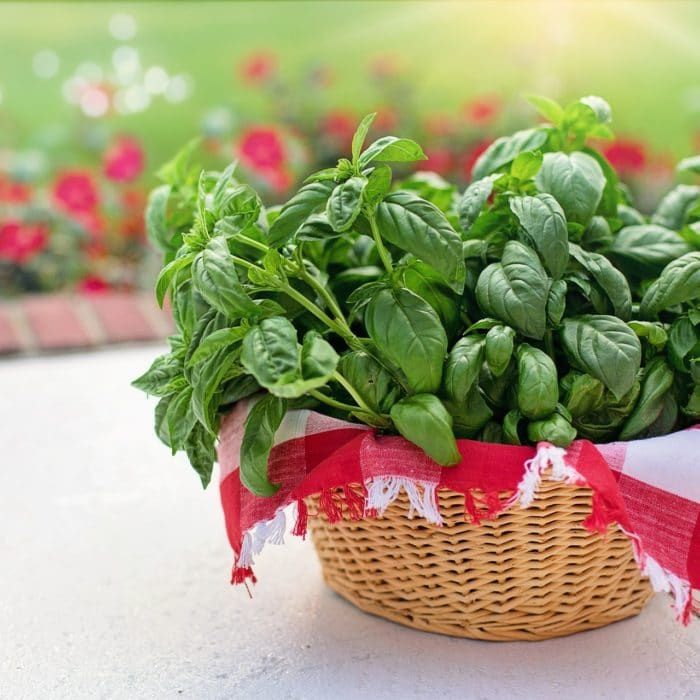
Basil and Home Benefits
In addition to the above benefits, there are home benefits to using the plant as well. Here are two ways you can use the plant’s leaves around your home to make it a better place.

Basil Side Effects and Cautions
While most people won’t experience side effects when consuming basil (either as food or medicine, there are a few things you should note as caution.
-
Can Cause Low Blood Sugar
Some people may experience low blood sugar after eating basil. While not everyone is affected in the same way, if you are concerned about your blood sugar levels, you should take care.
-
Long Term Use
Basil does contain estragole, a chemical that may increase the risk of liver cancer for those who take basil medicinally over a long period of time.
-
Pregnancy
While many doctors say it is most likely safe for pregnant women to eat basil, it should be avoided as a medicine. Those trying to get pregnant are often warned to avoid it as well.
-
Allergic Reaction
Some people will experience an allergic reaction to basil. At that point, they should seek medical attention and cease to use the herb in the future.
(Note: This is not a medical journal. We do research, but we are not doctors. If you have any questions or concerns, please consult a physician.)

